SUMMARY
This is AI generated summarization, which may have errors. For context, always refer to the full article.
![[OPINION] An open letter to my friends who called my father a criminal](https://www.rappler.com/tachyon/2022/02/IMHO-friends-who-called-my-father-a-criminal-February-22-2022.jpg)
Dear friends who called my father a criminal,
Let me take you back to that HeKaSi class in fourth grade, where I reported about the Philippine presidents and their achievements.
I was asked to stop when I started talking about Martial Law and its atrocities. Our history teacher, a lady known for being uncompromising and strict, stormed off her table, grabbed me by the right arm, pushed me to the side, and started talking about the length of the “Maharlika Highway” and how it connected Ilocos Norte to the rest of the country.
I froze in shock. I was sweating, but I wasn’t able to move back to my seat because I was still feeling the pain of her nails on my arm. So I stood in front of the class the entire time. I saw all of you sitting there, your faces, your reactions, your concern (or lack thereof). The class went on and ended as if I did not exist.
Fast forward to our chemistry class in high school. Our Fulbright-scholar teacher was randomly ranting about the critics of Imelda Marcos. He said how “stupid” they were for associating the “alleged” stolen wealth of the Marcoses to her shoe collection. He said his mama collected shoes as well, and they were not even close to being rich, and shoes were not that expensive to collect anyway.
We were kids then, kids who didn’t know that some shoes were handmade from the best leathers in Italy and adorned with diamonds and precious stones, while those most accessible to us were made in factories in Third World countries. We considered Gibi and Skechers as “expensive.” And, well, since I could afford to wear those in school, then I guessed he was right: collecting shoes was not that expensive at all.
Finally, do you remember that day in our journalism class in senior year when we were asked to write about someone we were proud of? I decided to write about my father, who is imperfect in so many ways but fought against the dictatorship as a young university student. I was proud – I still am – because not everyone in that room had a father whose body was marked by history. His fate was bludgeoned by the darkest days but his story is the light of our generation. But, as expected, you didn’t see it that way.
Who are the real criminals?
You called my father a criminal. I can still clearly recall all your faces, the mockery, the disdain. You knew my father. He gladly drove some of you home from our school when your sundo forgot to pick you up, or when it’s rainy, or what not. He would pitch our tents during our Girl Scout camping. Some of you even saw him in church every Sunday. Oh, he is not a saint, but I am telling you he is neither a criminal.
I write this to remind you of all these things. And that up to this day, you seem not sure of who the real criminals are. Let me help you.
Crime, according to Judge Mario Campanilla, author of the Criminal Law Reviewer, is “an act of omission punishable by law.” Failing to file and pay your taxes for whatever misfortune or fortune you’ve had is a crime.
Crime, according to Republic Act 7080, is amassing properties “through combination or series of overt or criminal acts.” It is called plunder and it is punishable by reclusion perpetua, or life imprisonment.
Crime, according to Republic Act 1379, is when a public servant acquires properties where the amount exceeds his/her lawful income. According to the law, there “is a prima facie presumption that it is unlawfully acquired.” It is called stealing. And in the book of Exodus, God said, “Thou shalt not steal.”
Celebrating the Marcoses
Dear friends who called my father a criminal, we have been friends since I can remember. And yet, you are so quick to judge because my family doesn’t celebrate the Marcoses the way you do. The funny thing is you demand “respect” but reject facts and scholarly work done laboriously by researchers who were established before us. You declare it as “fake news” while you get your information from sources whose integrity cannot be verified.
Dear friends who called my father a criminal, I can never call you criminals since logical fallacies and cognitive dissonance are not crimes according to Philippine laws. But they are dangerous in so many ways, and the effects will be felt by the generation coming after us. So I plead that you be conscious of committing these.
Dear friends who called my father a criminal, please pass by our home in Laoag and you’ll see my father living a simple, imperfect yet peaceful life. You’ll probably see him and my son playing legos or camping out by the front yard, because, yes, that’s what he does mainly these days – taking care of the generation coming after us. – Rappler.com
(The author is an experienced development worker who received her Masters of Public Administration degree at the Lee Kuan Yew School of Public Policy of the National University of Singapore. She worked for the Philippine government from 2011 and is currently an elections-advocacy researcher at the Ateneo School of Government.)
Add a comment
How does this make you feel?
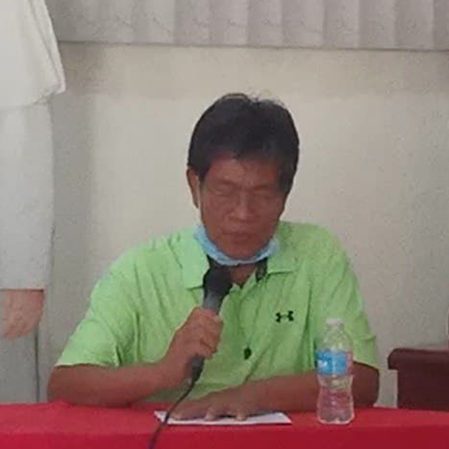
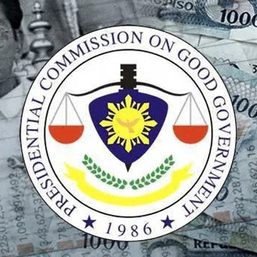
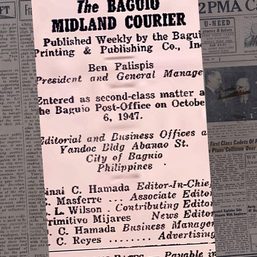
![[Newspoint] The lucky one](https://www.rappler.com/tachyon/2024/04/lucky-one-april-18-2024.jpg?resize=257%2C257&crop=536px%2C0px%2C1080px%2C1080px)
![[Just Saying] Marcos: A flat response, a missed opportunity](https://www.rappler.com/tachyon/2024/04/tl-marcos-flat-response-april-16-2024.jpg?resize=257%2C257&crop=277px%2C0px%2C720px%2C720px)
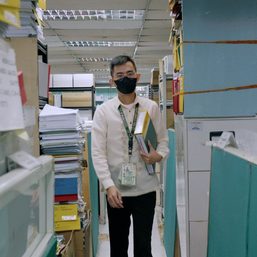




![[Rappler Investigates] Who’s fooling who?](https://www.rappler.com/tachyon/2024/02/rodrigo-sara-duterte-2019.jpeg?resize=257%2C257&crop=167px%2C0px%2C900px%2C900px)
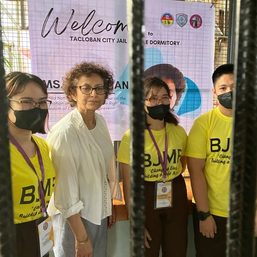
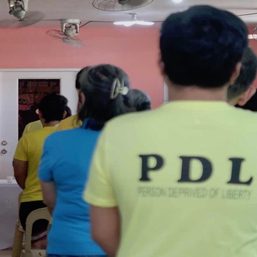

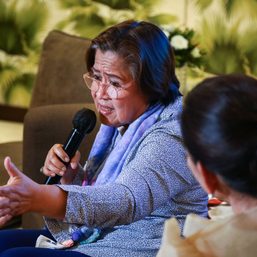
There are no comments yet. Add your comment to start the conversation.